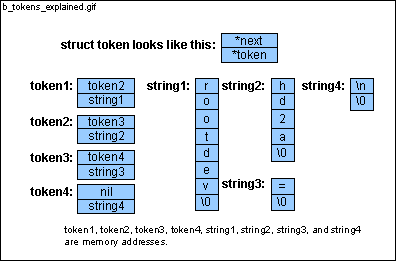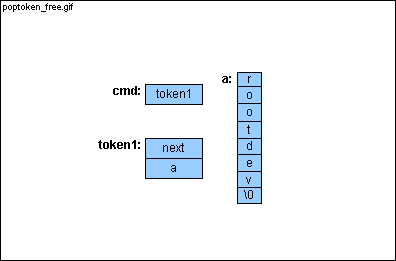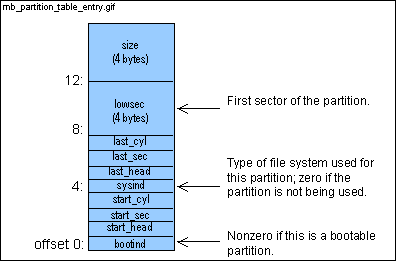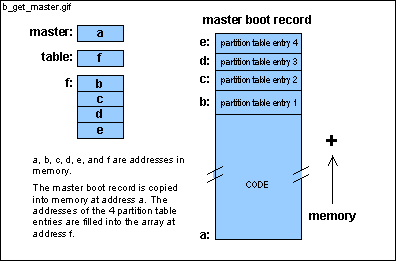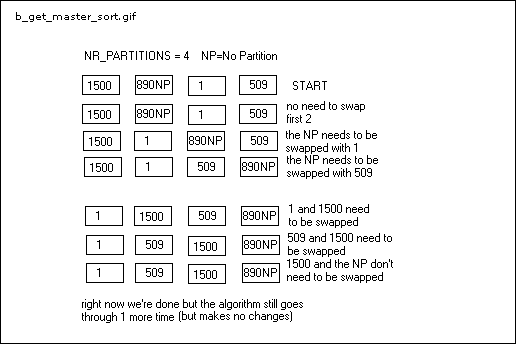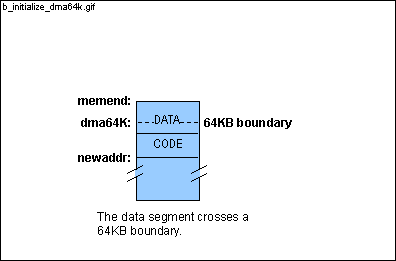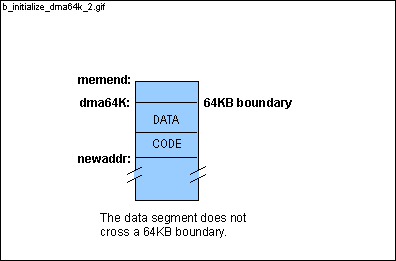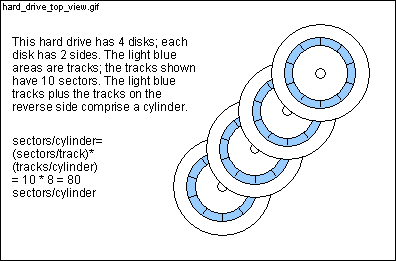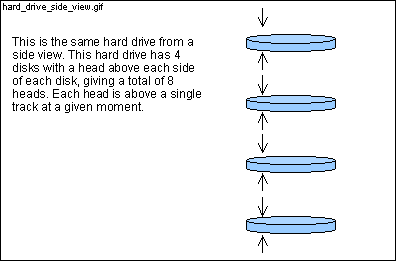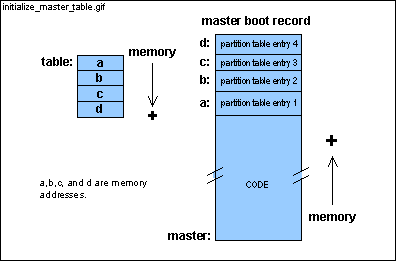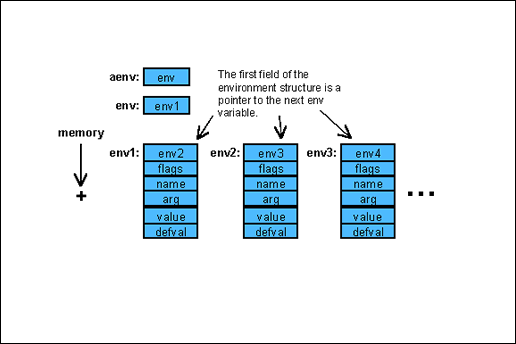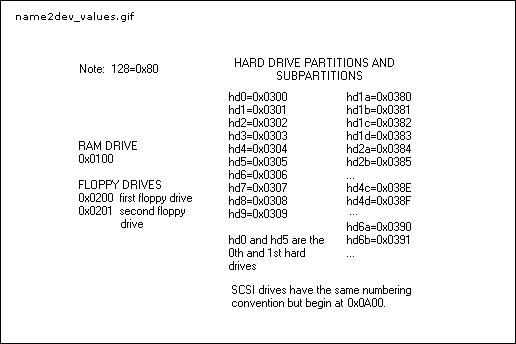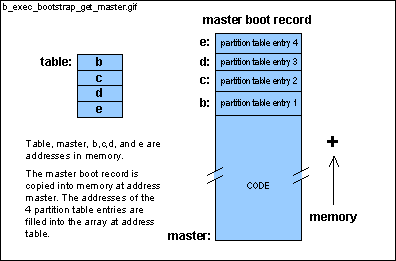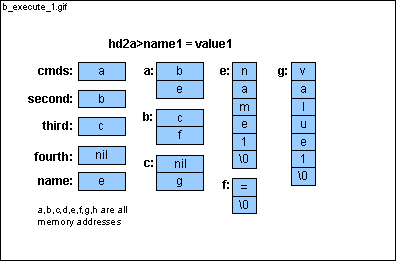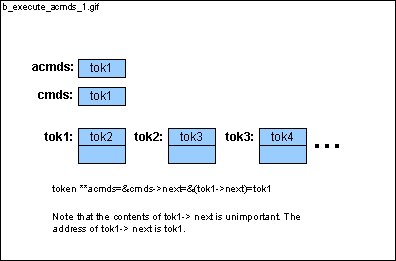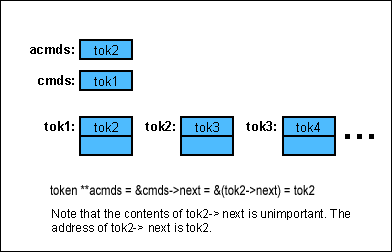 |
5058
int err;5059
char *what;5060
} errlist[] = {5061 #if !DOS5062
{ 0x00, "No error"
},5063
{ 0x01, "Invalid
command" },5064
{ 0x02, "Address
mark not found" },5065
{ 0x03, "Disk write-protected"
},5066
{ 0x04, "Sector
not found" },5067
{ 0x05, "Reset failed"
},5068
{ 0x06, "Floppy
disk removed" },5069
{ 0x07, "Bad parameter
table" },5070
{ 0x08, "DMA overrun"
},5071
{ 0x09, "DMA crossed
64 KB boundary" },5072
{ 0x0A, "Bad sector
flag" },5073
{ 0x0B, "Bad track
flag" },5074
{ 0x0C, "Media type
not found" },5075
{ 0x0D, "Invalid
number of sectors on format"
},5076
{ 0x0E, "Control
data address mark detected"
},5077
{ 0x0F, "DMA arbitration
level out of range"
},5078
{ 0x10, "Uncorrectable
CRC or ECC data error"
},5079
{ 0x11, "ECC corrected
data error" },5080
{ 0x20, "Controller
failed" },5081
{ 0x40, "Seek failed"
},5082
{ 0x80, "Disk timed-out"
},5083
{ 0xAA, "Drive not
ready" },5084
{ 0xBB, "Undefined
error" },5085
{ 0xCC, "Write fault"
},5086
{ 0xE0, "Status
register error" },5087
{ 0xFF, "Sense operation
failed" }5088 #else /* DOS */5089
{ 0x00, "No error"
},5090
{ 0x01, "Function
number invalid" },5091
{ 0x02, "File not
found" },5092
{ 0x03, "Path not
found" },5093
{ 0x04, "Too many
open files" },5094
{ 0x05, "Access
denied"
},5095
{ 0x06, "Invalid
handle" },5096
{ 0x0C, "Access
code invalid" }, |  |















